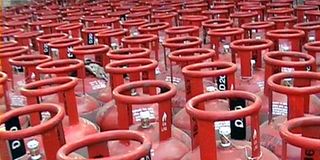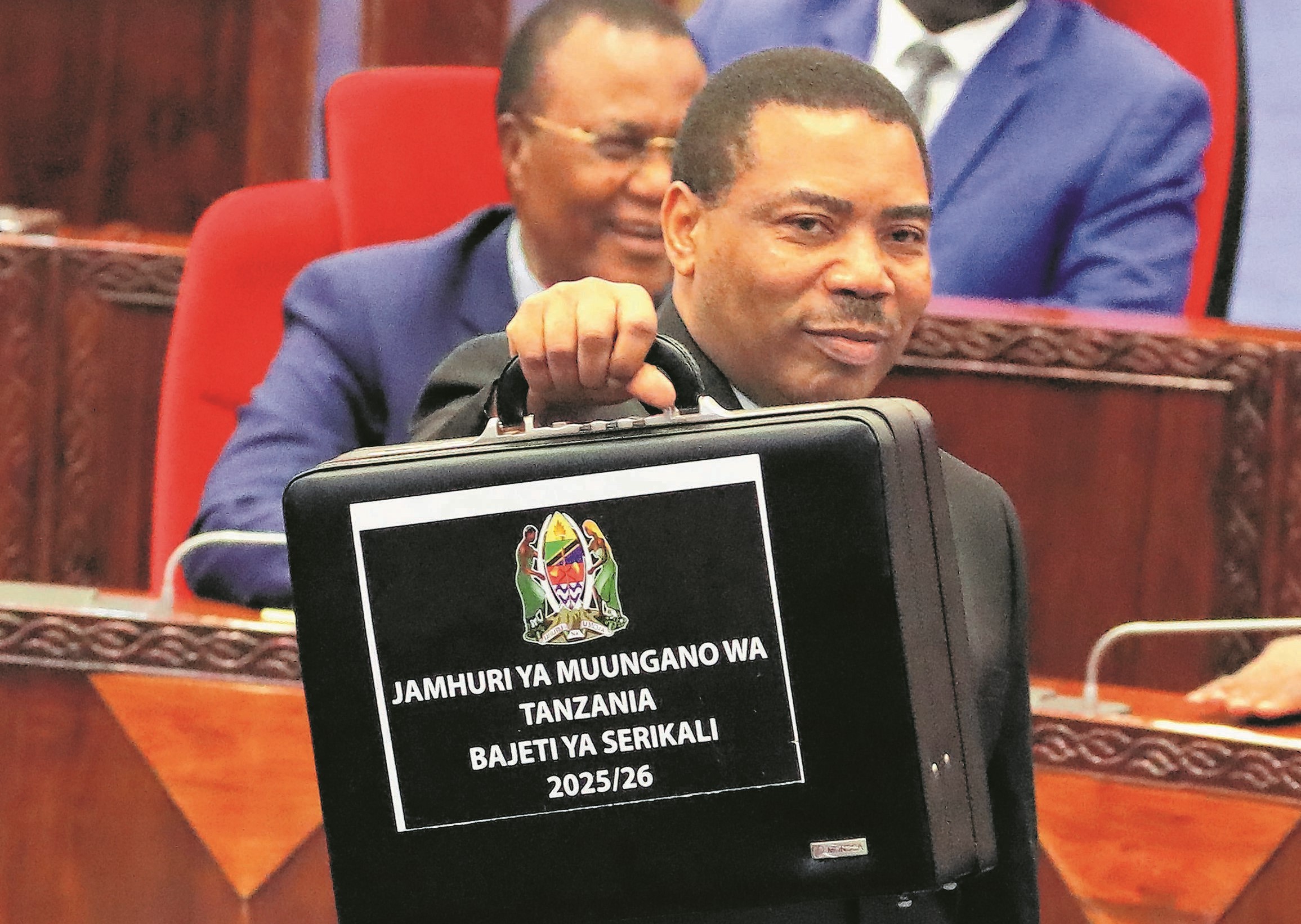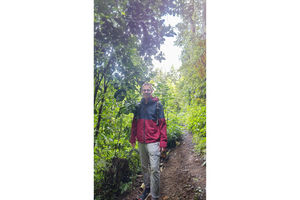Shell acquires British Gas for $70bn

Analysts say the acquisition is the most significant response yet to the slump in oil prices and could set in motion a series of mergers as the largest energy companies look to cut costs and restore profits.
What you need to know:
The Royal Dutch Shell yesterday announced a mega takeover of British rival BG Group worth £47 billion (Sh13 trillion), as the pair consolidate in a sector battered by sliding oil prices.
Dar es Salaam. Tanzania’s dream of being the first country in East and Central Africa to have a liquefied natural gas (LNG) plant may take longer than expected following yesterday’s move by one of the key partners in the planned project to be acquired by a Dutch firm.
The Royal Dutch Shell yesterday announced a mega takeover of British rival BG Group worth £47 billion (Sh13 trillion), as the pair consolidate in a sector battered by sliding oil prices.
“The boards of Shell and BG are pleased to announce that they have reached agreement on the terms of a recommended cash and share offer to be made by Shell for the entire issued and to be issued share capital of BG,” said a statement released by the Anglo-Dutch group.
The offer represents a premium of about 50 per cent compared with BG’s closing share price on Tuesday, costing Shell “approximately £47.0 billion” for its rival, the statement added.
“The result will be a more competitive, stronger company for both sets of shareholders in today’s volatile oil price world,” Shell chairman Jorma Ollila said in the statement.
Analysts say the acquisition is the most significant response yet to the slump in oil prices and could set in motion a series of mergers as the largest energy companies look to cut costs and restore profits.
BG chief executive Helge Lund said the deal “delivers attractive returns to shareholders and has strong strategic logic.”
He added: “BG’s deep water positions and strengths in exploration... will combine well with Shell’s scale, development expertise and financial strength.”
BG entered Tanzania in 2010 through farm-in by entering into a partnership with Ophir and is the operator of offshore Blocks 1, 3 and 4 in which it has a 60 per cent interest.
The company has successfully drilled 14 wells to date and already discovered an estimated gross resource of 15 trillion cubic feet (TCF).
BG, Statoil and their block partners signed a memorandum of understanding with the government of Tanzania last year (April 2014) for the development of the LNG Plant – a project estimated to cost up to $30 billion – to be developed in partnership with Norway’s Statoil and Exxon Mobil of the United States.
The MoU covers the site selected for the LNG plant, the process for acquiring the site, the lease to be negotiated, and how any resettlement will be managed, according to information on the firm’s website.
BG also has a graduate scholarship programme called International Postgraduate Scholarship Scheme for Geoscience and Engineering which offers 10 scholarships each year to Tanzanian graduates to study for Masters of Science degrees in UK universities.
Statoil Tanzania refused to comment on the impact that the BG Group takeover would have on the future of the planned LNG plant. “Statoil does not have any comment to make on the sale,” the firm’s head of communication Genevieve Kasanga said in a quick response to The Citizen yesterday.
BG Tanzania officials were not immediately available for comment yesterday but the government is paying a close eye and ear over the proceeds.
“We will need concrete data on the sold assets before we get to the bottom of what the sale means to us and whether or not it will impact on BG Tanzania’s projects….We will be informed by Tanzania Petroleum Development Corporation on the matter before we issue the government’s position,” the deputy minister for Energy and Minerals, Mr Charles Mwijage told The Citizen yesterday.
Tanzania Revenues Authority (TRA) is also waiting for concrete data over the sold assets before making the right decision for the general good of the country.
“It is too early to say anything for now since we have not yet seen and read what is contained in the deal…I have not even read the story about the deal but obviously, we need to know whether or not the sold assets include those for BG Group in Tanzania before we can make a decision on what to do,” the TRA commissioner general, Mr Rished Bade told The Citizen over the phone yesterday.
Shell, which was a household name in Tanzania those days to the extent that filling stations are known as ‘Sheli’ – the Kiswahili pronunciation for ‘Shell’ has not been very active in Tanzania Mainland during the past few decades.
The Dutch firm is, however, active in Zanzibar where it is undertaking exploratory activities for oil and natural gas.



